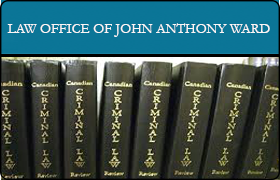Bristol DUI-DWI Lawyer, Wisconsin
Sponsored Law Firm
-
 x
x

Click For More Info:
-
The Law Office of John Anthony Ward
3636 80th Street, Kenosha, WI 53142» view mapCriminal Defense Kenosha Criminal Lawyer
The investigators and prosecutors will work hard enough against you. Your attorney needs to be on your side throughout negotiations and trial. Contact John A. Ward
800-768-2901
John A. Ward
✓ VERIFIED *Status is reviewed annually. For latest information visit hereCriminal, Bankruptcy & Debt, Estate, Divorce & Family Law, DUI-DWI
Some lawyers focus on plea bargaining. Others concentrate on mediation. At the office of John Anthony Ward, Attorney at Law, we are not afraid of a fi... (more)
Robert W. Keller
Traffic, Litigation, White Collar Crime, DUI-DWI, Criminal
Status: In Good Standing *Status is reviewed annually. For latest information visit here Licensed: 33 Years
FREE CONSULTATION
CONTACT
 John A. Ward Kenosha, WI
John A. Ward Kenosha, WI AboutJohn A. Ward
AboutJohn A. Ward Practice AreasServices
Practice AreasServices
